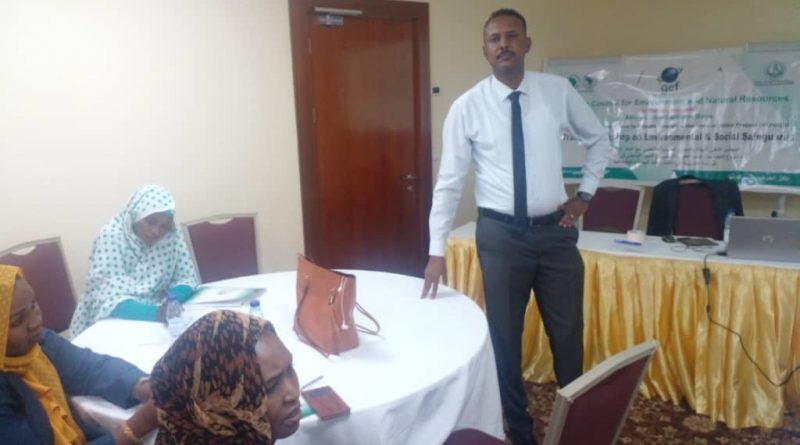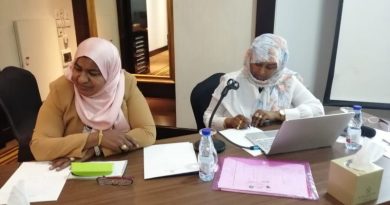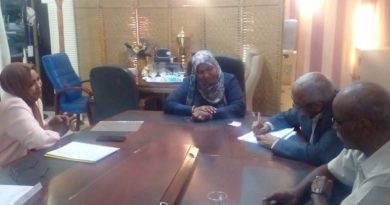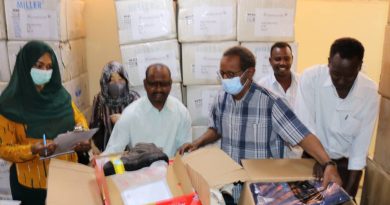The conclusion of a series of specialized training workshops in environmental and social requirements in Khartoum
At Corinthia Hotel in Khartoum, the Higher Council for Environment and Natural Resources, in cooperation with the Rural Livelihoods Adaption to Climate Change in the Horn of Africa project concluded a series of training workshops on environmental and social requirements that were implemented in the states of Kassala, Gedaref and White Nile.
According to the specialist in the environmental and social requirements of the project, Dr. Ibrahim Ali Othman that the workshop is targeted the project partners in the relevant authorities such as, water, forests, agriculture, pastures, veterinary services and civil society organizations. These authorities are involve in the implementation of the project’s environmental work management plan to ensure sustainability that is achieved through training and capacity-building to avoid, reduce and address the environmental and social impacts of project activities and similar projects.
He adds that the workshop topics include general concepts about general management plans for environmental and social secretions, conflict over natural resources, conflict resolution mechanism, addressing grievances and gender. It also reviews how to survey sub-projects with detailed forms to ensure that any potential negative environmental and societal impacts are avoided.
The workshop highlights Sudan’s local laws and legislation and relevant international conventions and treaties by providing lectures and working groups in which the participants provided examples from their past experiences. He emphasizes the human right to live in a healthy and healthy environment.
In this respect, the National Director of the Rural Livelihoods Adaption to Climate Change, Engineer Hassan Hammour, indicated that the workshop comes in line with and in support of the project’s objectives in building the capacities of the targeted agricultural pastoral institutions and communities in the field of climate change, establishing infrastructure that has the ability to withstand the negative effects of climate change, and managing Project, exchange and share knowledge




